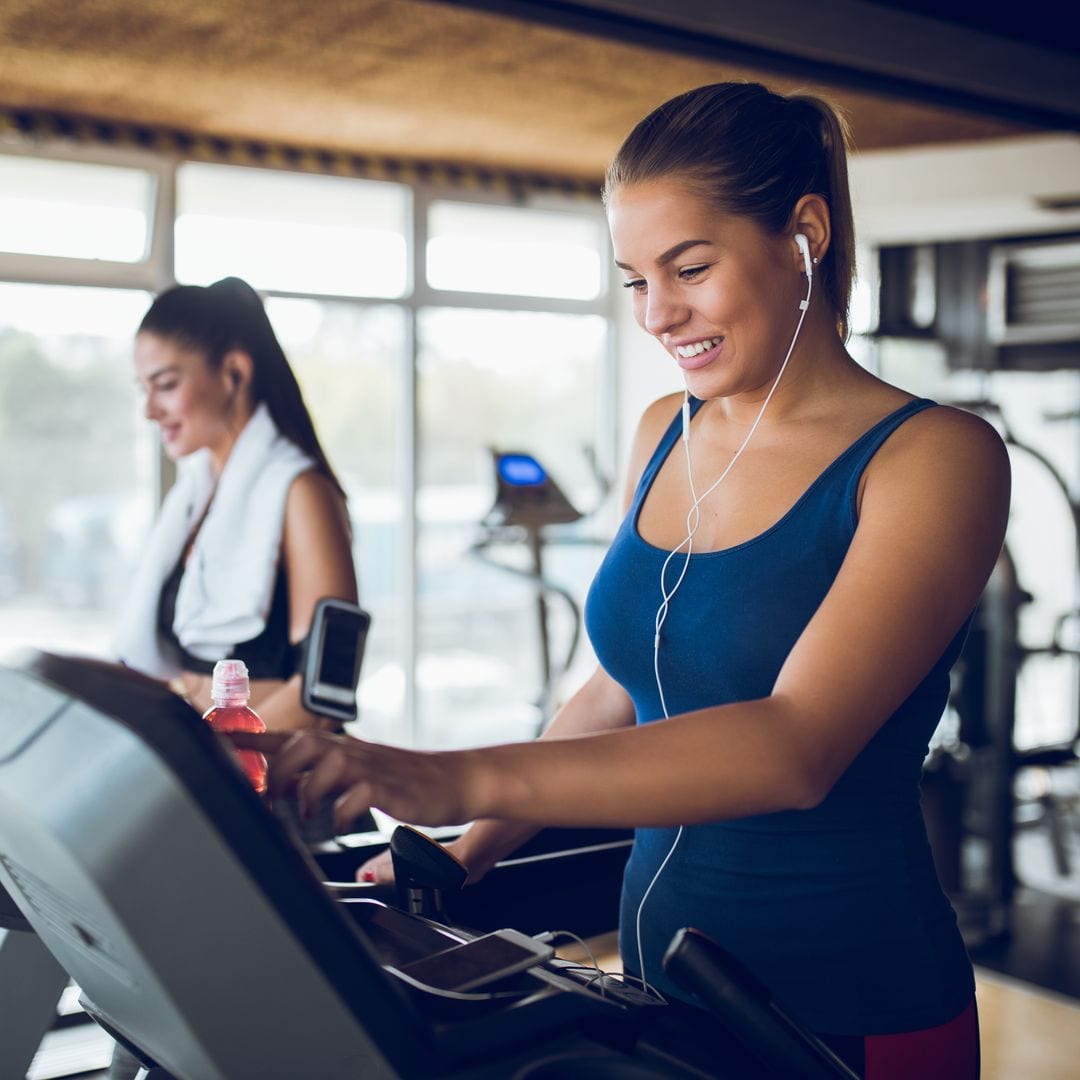Nowadays, life can get very stressful. Whether it’s the demands of today’s fast-paced world, work pressures, or relationship issues, feeling overwhelmed and anxious is not uncommon. Thankfully, there are some activities we can turn to for relief and relaxation.
From meditation and exercise to positive affirmations and acupuncture, here are eight ways to help you combat stress and anxiety. Incorporating these techniques into our lives can reduce stress and anxiety and make us feel calmer and more centered.
Scroll down to see these recommended techniques. Also, remember there is no one-solution, so experiment to find the options that work for you.
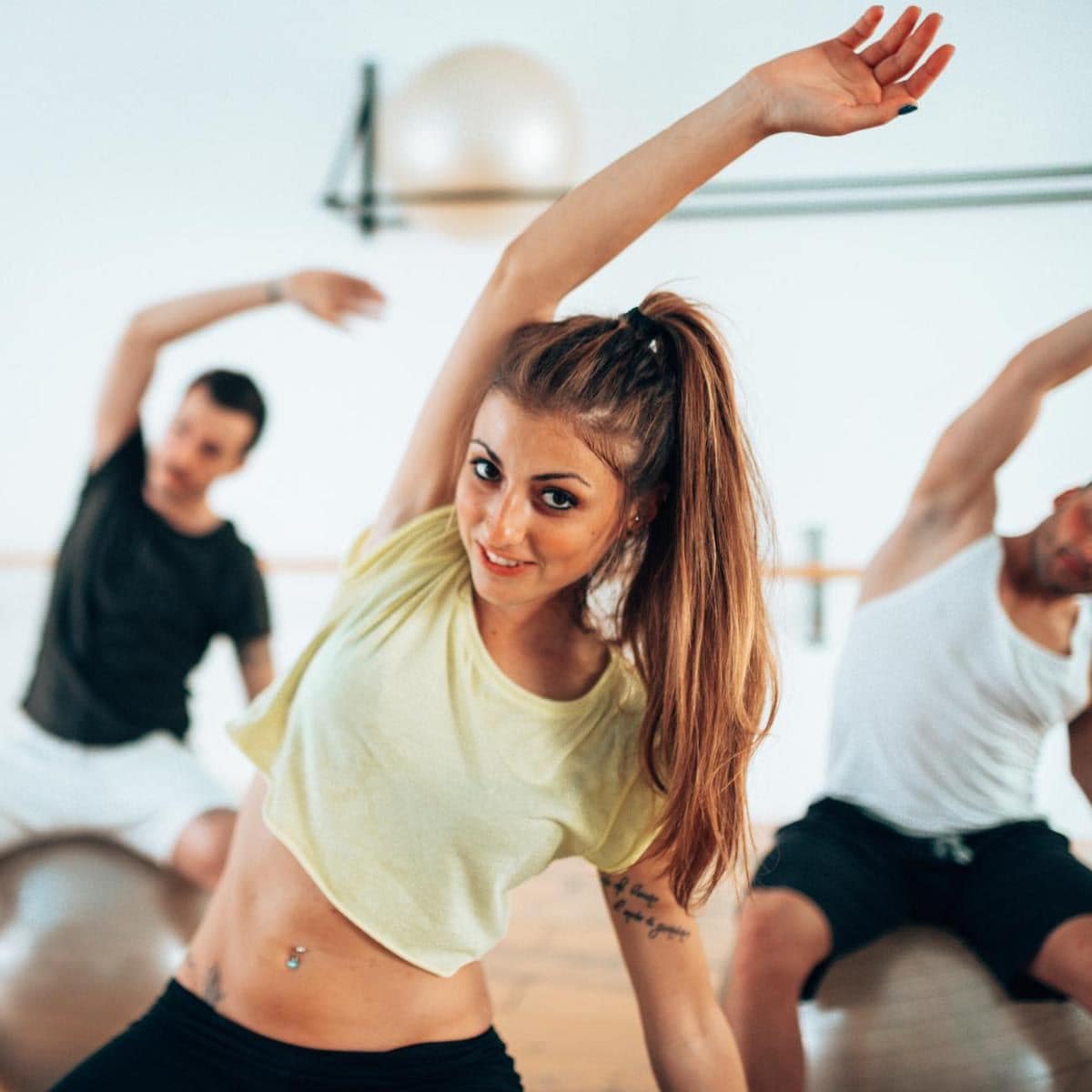 © GettyImages
© GettyImagesGet Moving with Exercise
“Exercise is the single best thing you can do for your brain in terms of mood” says Dr. John Ratey, author of the book, “Spark: The Revolutionary New Science of Exercise and the Brain.”
“Getting your heart rate up changes brain chemistry, increasing the availability of important anti-anxiety neuro-chemicals, including serotonin.” Whether you opt for a walk, a gym workout or a swim, find an activity you enjoy doing and include it your daily or weekly routine.
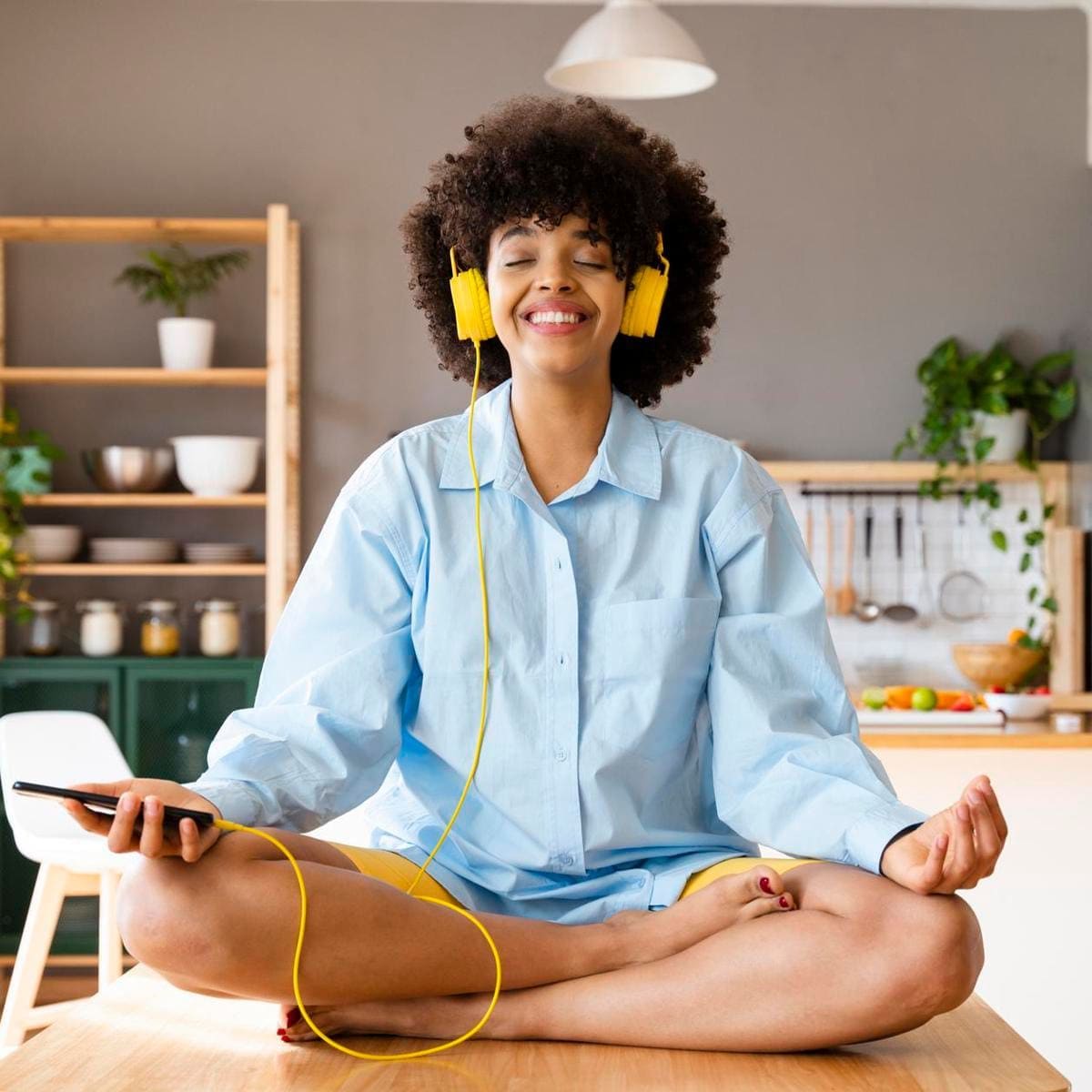 © GettyImages
© GettyImagesPractice Meditation with Apps like Calm
“Mindfulness meditation makes perfect sense for treating anxiety” said Dr. Elizabeth Hoge, an assistant professor of psychiatry at Harvard Medical School. One of Dr. Hoge studies revealed that meditation helped to reduce anxiety symptoms in people who have generalized anxiety disorder.
In a Harvard Health blog, the doctor explained that people with anxiety struggle with distracting thoughts and meditation could be used to train the brain to be aware and mindful of these worries.
Apps like Calm can be a great way to get started with meditation, providing guided sessions and other helpful tools.
 © GettyImages
© GettyImagesConnect with others for social support
“Your BFFs can actually have a positive impact on your health” says Dr. Adam Simon, Chief Medical Officer of Wellness International Ltd. “If you’ve had a stressful day, you’ll get rid of that tension much faster by meeting up with friends than you would if you kept it to yourself.”
If you have a lot of stress and anxiety, reach out to friends or family members, or consider joining an activity in your area so you can start making connections and forming a social circle.
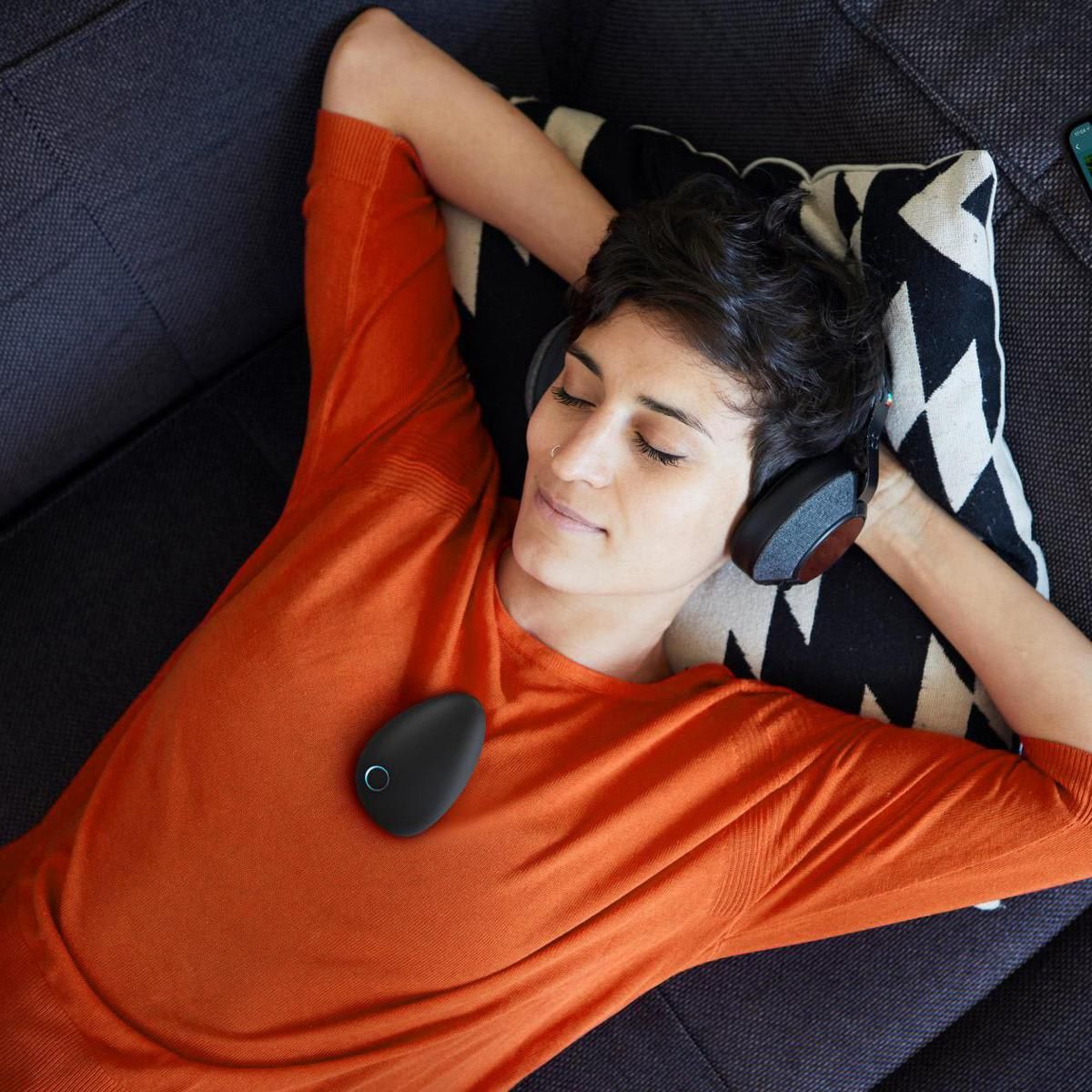 © Sensate
© SensateStimulate the vagus nerve with devices such as Sensate
According to an article published in Psych Central, medically reviewed by Debra Rose Wilson, Ph.D, “The vagus nerve plays a key role in your parasympathetic nervous system which means when the vagus nerve is activated, it sends a signal to slow your heart rate and lower your blood pressure telling your body it’s time to relax.”
Today, there are specialized devices that can be used to stimulate the vagus nerve. One such device is the Sensate, a wearable device that uses vibrational therapy to stimulate the vagus nerve. This device developed by physicians stimulates the vagus nerve with soft vibrations.
In 2022, Sensate did a study on adults using the device, and it revealed that over 65% of participants with anxiety disorder and over 50% with depressive disorder noticed an improvement in their condition while using the device.
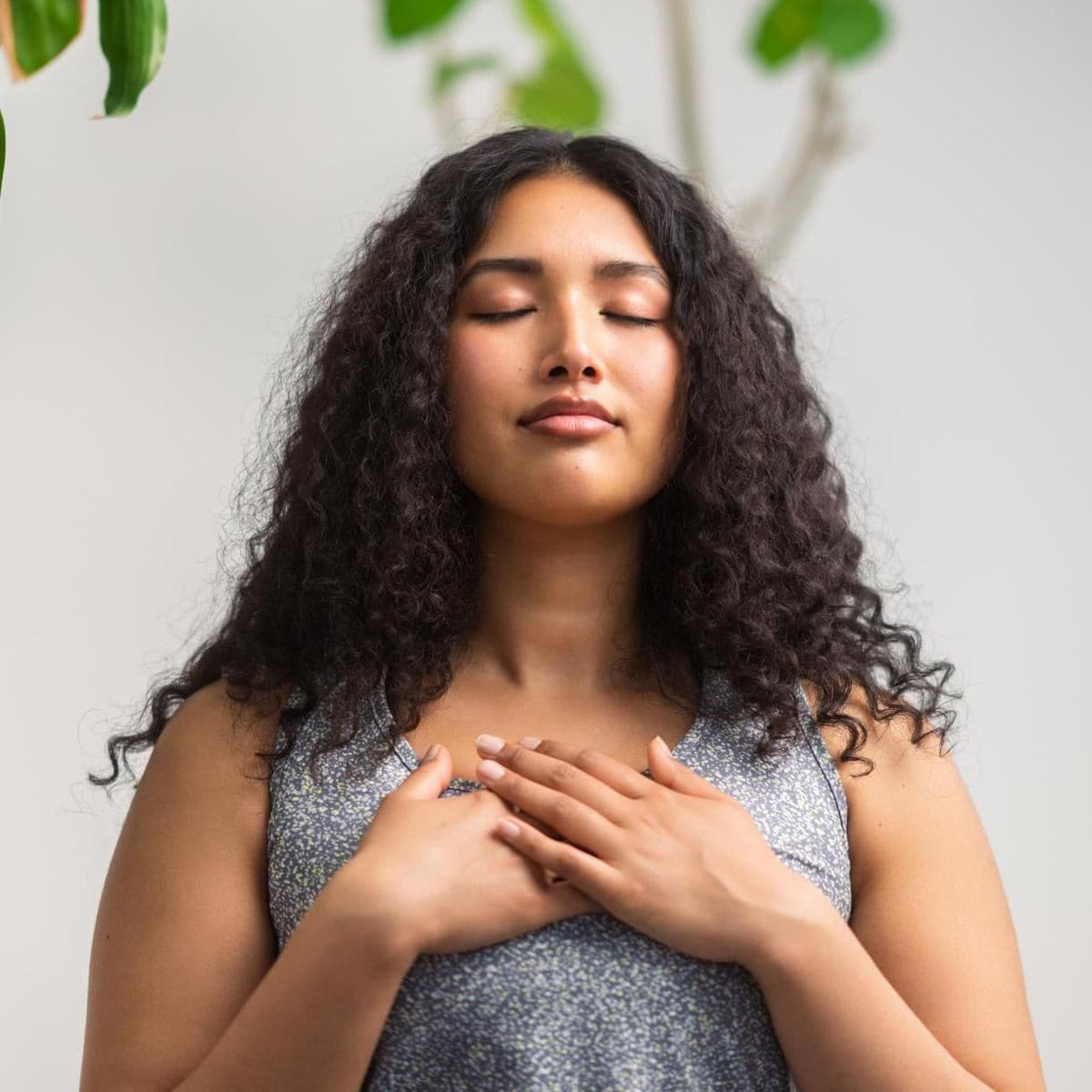 © GettyImages
© GettyImagesRhythmic Breathing
“Slow-breathing exercises are game-changing tools to help reduce stress and anxiety” says Dr. Marlynn Wei, a board-certified Harvard and Yale-trained psychiatrist.
Dr. Wei also said that rhythmic breathing has a mental effect and this type of breathing can reduce a lot of the flight stress system with even just five minutes of deep and slow breathing.
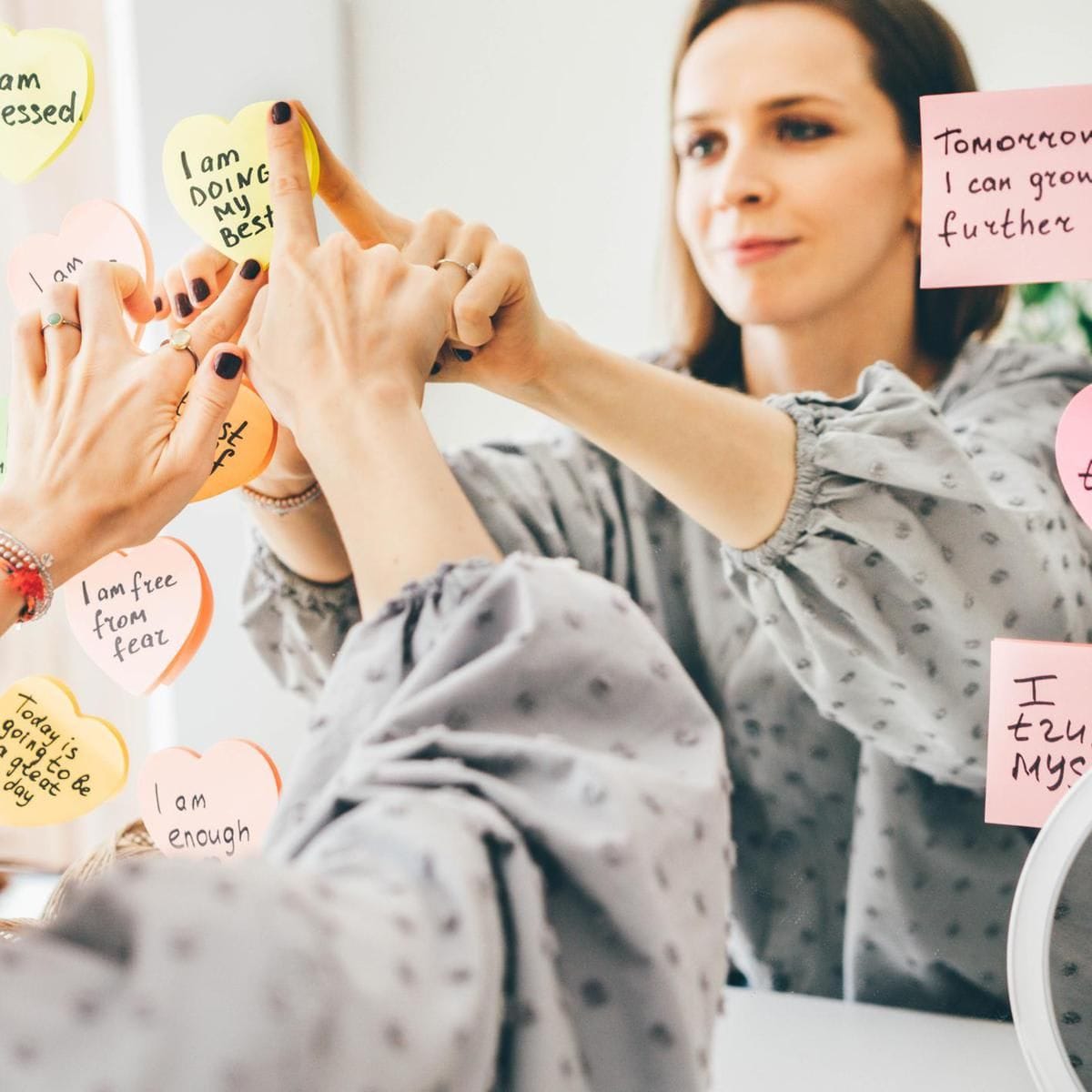 © GettyImages
© GettyImagesPractice Gratitude and Positive Affirmations
One powerful way to reduce stress and anxiety is by focusing on the good in your life and cultivating a sense of gratitude. You can do this by starting a daily gratitude journal, listing three things you’re grateful for each day, or taking a moment each morning to reflect on something positive.
According to Psychologist Lauren Alexander, PhD from the Cleveland Clinic, “We live in a society where it’s easy to get bogged down with lots of negativity. Positive affirmations are a way to help shuttle out some of that negativity, in terms of the things that we say to ourselves.”
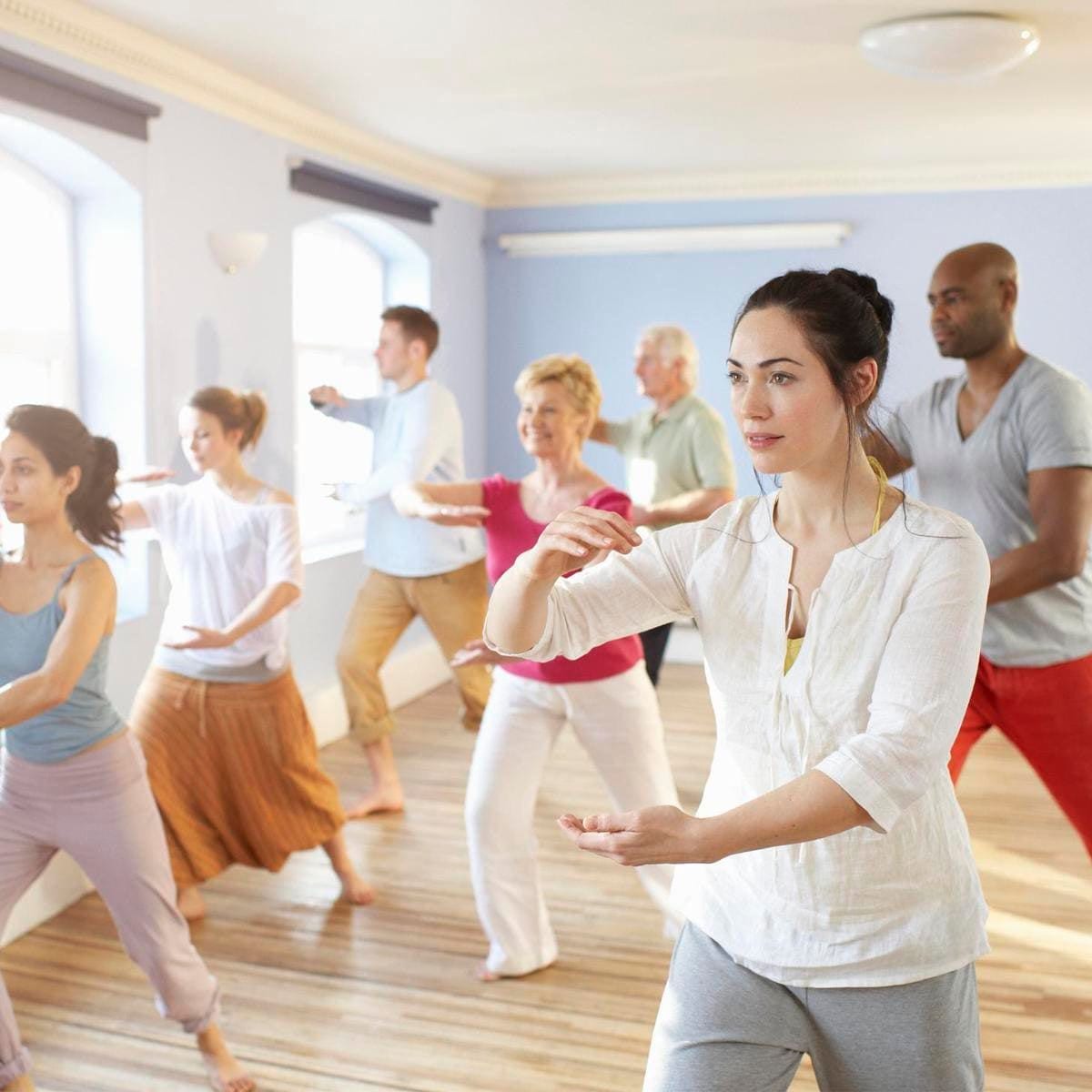 © GettyImages
© GettyImagesIncorporate Tai Chi into Your Routine
Tai Chi is a form of exercise that combines slow, gentle movements with deep breathing and meditation. This practice is known to have great results in regards to reducing stress, anxiety, and depression. Tai Chi can be practiced by people of all ages and fitness levels, and it can be done anywhere without any special equipment.
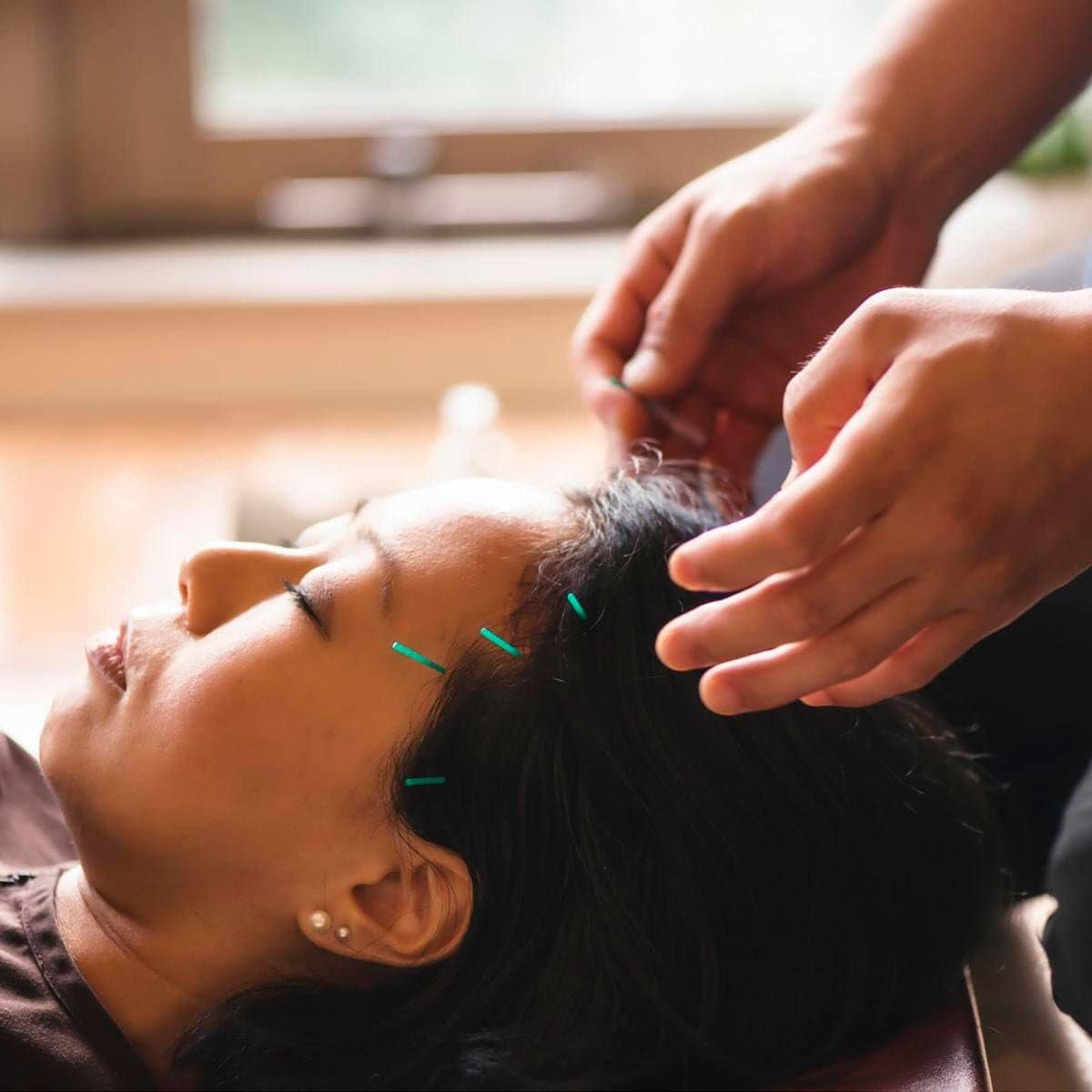 © GettyImages
© GettyImagesConsider Acupuncture or Massage Therapy
Acupuncture and massage therapy are two alternative therapies that can be helpful in reducing stress and anxiety. Acupuncture involves the insertion of thin needles into specific points on the body to stimulate the flow of energy, while massage therapy involves the manipulation of muscles and soft tissues to promote relaxation and reduce tension.
Disclaimer: This information is for general knowledge only and should not be used in place of professional medical advice. Always consult with your doctor or a qualified healthcare provider for advice on any medical concerns.
,type=downsize)




